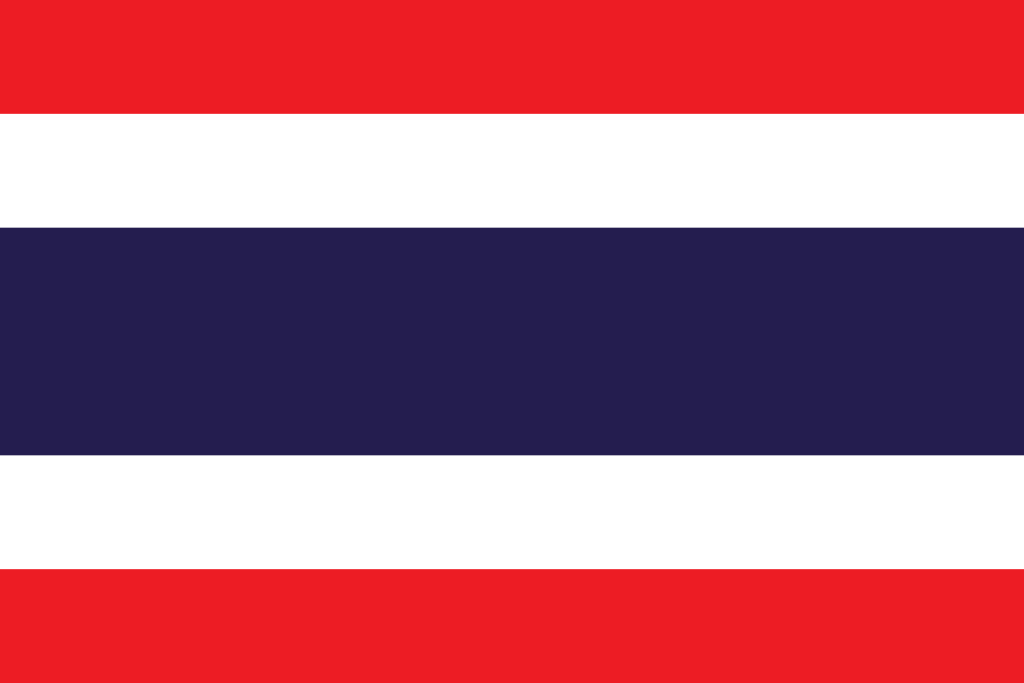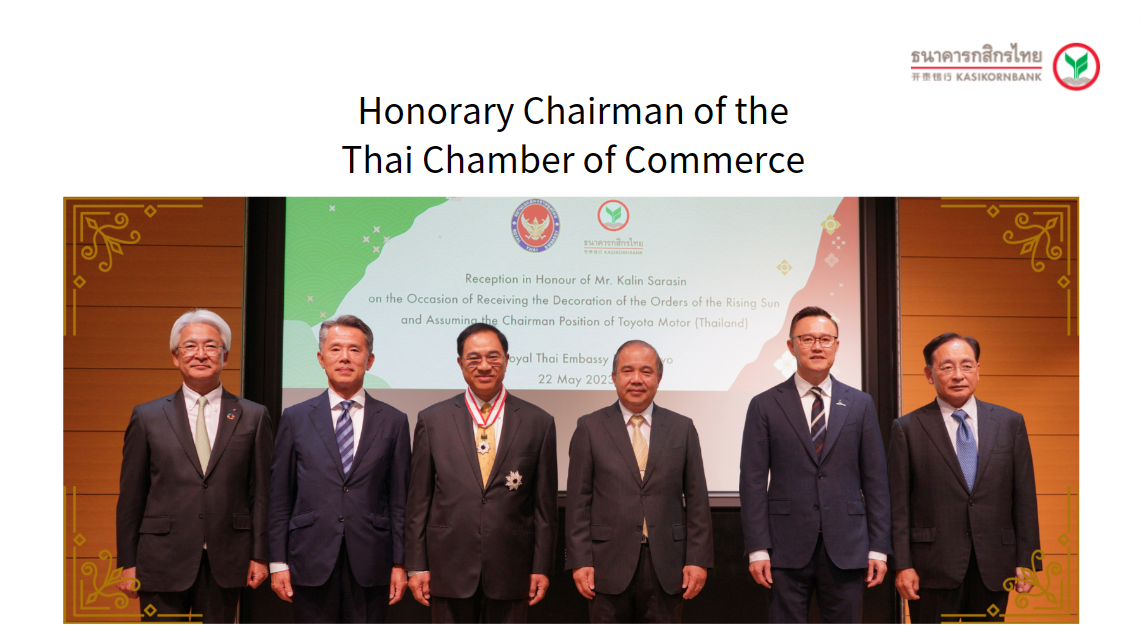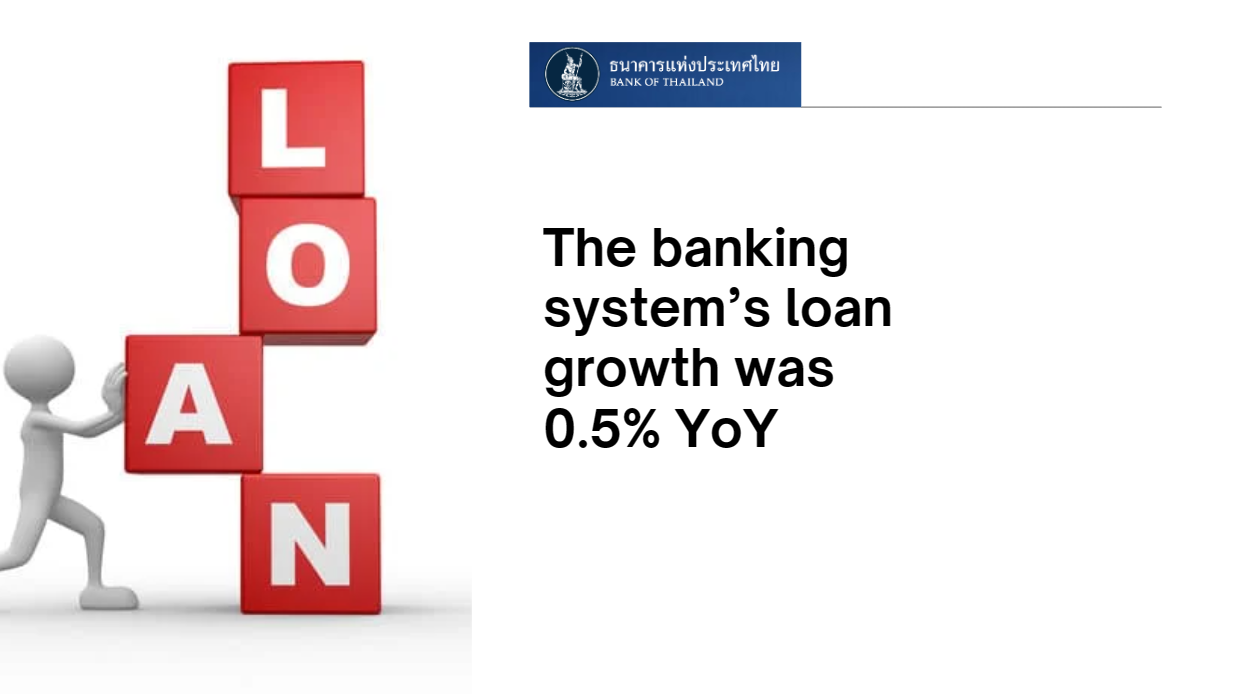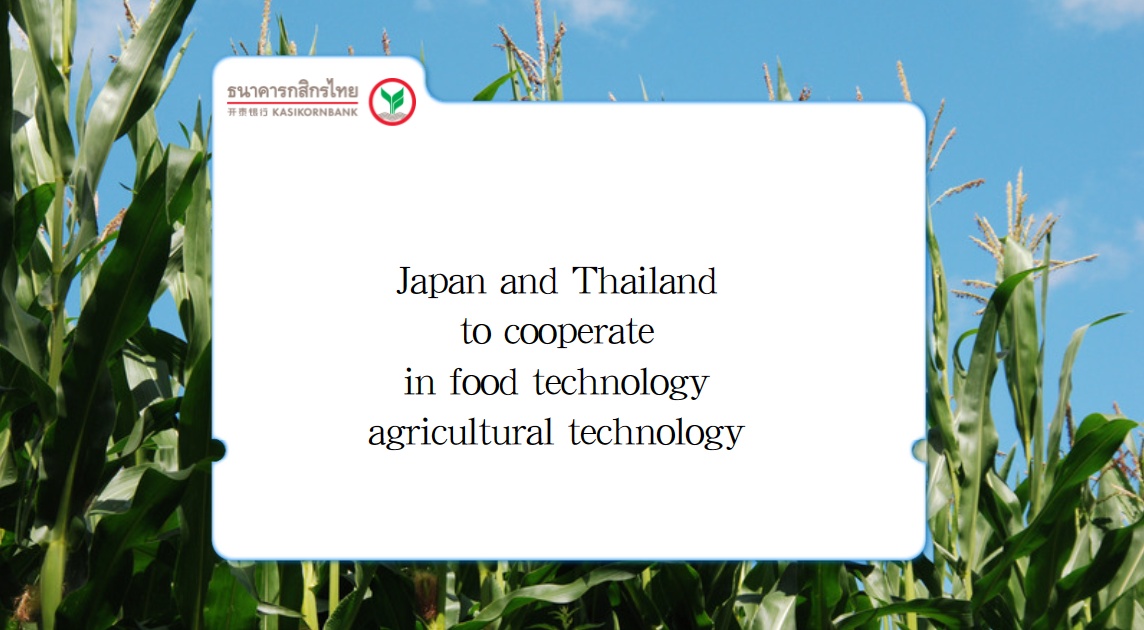Press Release on the Economic and Monetary Conditions for April 2023
Summary
- ♦ In April 2023, the Thai economy remained on the recovery path. Service sector continued to improve, following a good outturn in the number of Thai and foreign tourists, which also benefited private consumption. However, the value of merchandise exports excluding gold declined from the previous month in line with weaker manufacturing production and private investment. Government spending also slightly contracted from current expenditures of the central government after having front-loaded its disbursement in the preceding period and from investment expenditures by the state-owned enterprises due to the high base last year.
- ♦ On the economic stability front, headline inflation declined partly due to the high base last year in fresh food and core inflation. Meanwhile, energy inflation increased in line with the global crude oil prices. The labor market improved consistent with the economic condition, while the current account registered a deficit due mainly to a lower surplus in the trade balance.
Details of the economic conditions are as follows:
The number of foreign tourist arrivals, after seasonal adjustment, increased from the previous month, especially tourists from China and Malaysia. However, tourists from Europe (excluding Russia), Australia and the U.S. slowed down after a good expansion in the preceding period.
Private consumption indicators, after seasonal adjustment, continued to improve from the previous month on the back of spending in the service sectors within the hotel and restaurant category, which was in line with the recovery in the tourism sector. Spending on non-durable goods, however, remained at a similar level, following a stable sale of consumer goods, while spending on durable goods declined with lower newly registered motorcycles and lower sales of passenger cars after a good expansion in the preceding period. Nevertheless, several fundamental factors supporting household spending continued to improve both in terms of employment and consumer confidence, while high living costs continued to add downward pressure on the overall consumption.
The value of merchandise exports, excluding gold and after seasonal adjustment, decreased from the previous month due to the slowdown in trading partners’ demand, especially exports of (1) hard disk drives (HDDs) to the U.S., which declined in line with its delivery cycle, (2) sugar to Indonesia, and (3) air conditioners to the U.S. and Europe. Nevertheless, export in some categories increased, including agricultural products, especially durian to China.
Manufacturing production, after seasonal adjustment, also declined from the previous month in almost all categories especially the production in (1) automotives due to high inventory level after expanding well in the preceding period, (2) food and beverages, following a lower production in ready-made animal feed, palm oil and canned seafood products and (3) HDDs, which also decreased in line with its delivery cycle. Production of electronic parts, however, increased thanks to higher demand in the production of electronical appliances.
Private investment indicators, after seasonal adjustment, decreased from the previous month as investment in machinery and equipment softened in all categories. Investment in construction, however, increased following a higher outturn of permitted area for construction especially for dwelling and manufacturing purposes.
The value of merchandise imports, excluding gold and after seasonal adjustment increased, especially imports of crude oil and natural gas. Imports of consumer goods also increased due to higher imports of electric vehicles (EV) and smartphones from China. Nonetheless, imports of raw materials and intermediate goods, excluding fuel, decreased from the previous month such as rolled steel and plastic from China and Japan.
Public spending, excluding transfer payments, slightly contracted from the same period last year. Current expenditures by the central government contracted after having front-loaded its disbursement in the preceding period, while investment expenditures by the state-owned enterprises contracted due to the high base effect, following a good disbursement in telecommunication and suburban train system projects last year. Excluding the high base effect, investment expanded from investment in telecommunication and public utility projects. Meanwhile, capital expenditures of the central government expanded from higher disbursement by the Royal Irrigation Department as well as Department of Public Works and Town and Country Planning.
On the stability front, headline inflation declined partly due to the high base last year in fresh food and core inflation. Additionally, fresh food prices declined from the previous month, especially pork prices due to increasing supply. Meanwhile, energy inflation increased in line with the global crude oil prices. The labor market continued to improve as reflected by increases in the number of insured people in the social security system, which returned to the pre-COVID level. The current account registered a deficit due mainly to a lower surplus in the trade balance. As for exchange rates, the baht against the US dollar, on average, appreciated as the market lower its expectation on additional interest rate hike from the US Federal Reserve, while also having positive sentiments on the outlook of the Thai economy.
Bank of Thailand
31 May 2023
Press Release on Economic and Monetary Conditions
1. Press Release on Economic and Monetary Conditions: April 2023























































First, please LoginComment After ~